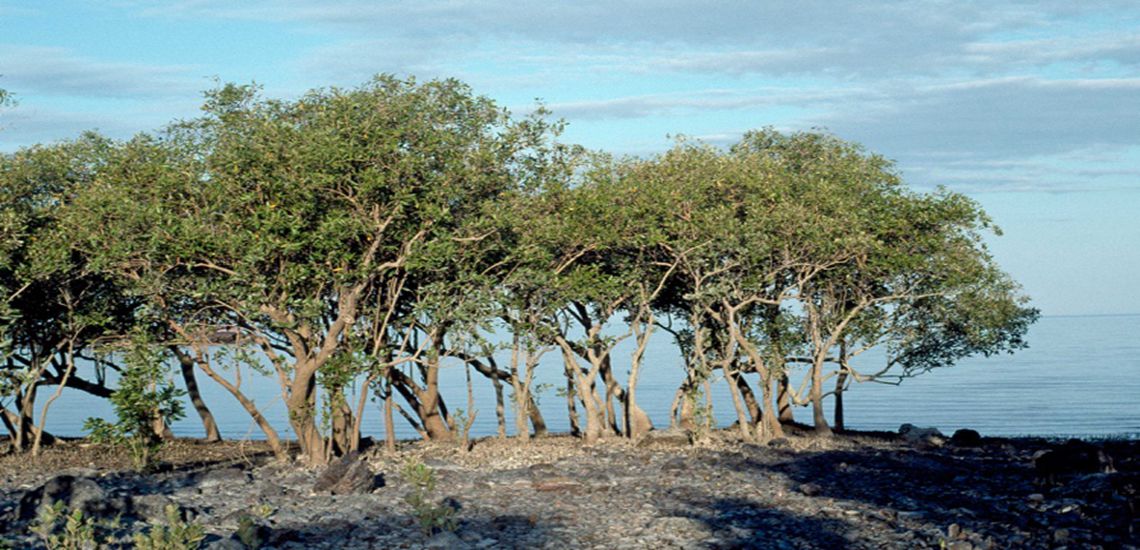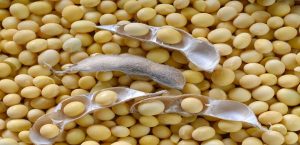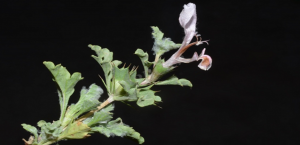Abstract:
Our research into the impacts of anthropogenic waste on terrestrial wildlife in the last decade promoted me to shift from a research to an applied career. We found plastic in the diet of various mammals including elephants, deer, large cats across Indian Protected Areas. Over 50% of elephant dung examined had visible plastic markers. We also found that plastic ingestion can lead to significant economic losses to livestock owners. As a first step, we started addressing our own lifestyle and home, making huge changes in the way we move, eat, work and build. Our experiments with conscious lifestyles at home and work have been widely covered in Indian news media and inspired several people to transition to low-carbon lifestyles.
Our Do-No Trash program helps bring this scientific understanding into common knowledge systems at various rungs of the society to usher in social behavior change. Our work finds that addressing impacts of plastics on human health can be a powerful motivator to usher in changes towards shifting out of packaged foods into healthier alternatives. We also find that in the age of digital social media, sustained campaigns addressing different rungs of the society are essential to usher in desired changes. The Do-No Trash campagins find that women between the ages 25-55 are the most effective agents of change since they feel responsible for the health of their families. In rural communties, economic losses due to plastic ingestion by livestock has been effective in bringing about sustainable waste management practices. Our work finds that repeated and consistent messaging about health, economics and family welfare have a huge impact on both rural and urban audiences for sustainable behavior changes. Do-No Trash has reached over 20,000 people a month over social media during campaigns, and around 5000 people directly with workshops. Do-No Trash has partnerships with several Indian states and cities, as well as a chapter in a German city.
Alongside we have also been addressing environment education in schools using the Nature Vidya program. This is a structured curriculum to bringing in creative skills and usher leadership among children to explore local nature and solve local environmental issues. Nature Vidya reaches over 140 schools, and around 18500 children every year. Thus, the Do-No Trash and Nature Vidya programs allow us to reach out to both adults and children audiences in Indian Himalayan landscapes.
Speaker: Dr. Soumya Prasad
Affiliation: Nature Science Intiative, Dehradun, India
Time: 4:30 PM, Tuesday, July. 18, 2023
Venue: ZOOM 会议平台 会议 ID:312 430 8960 会议密码 PWD:666666
ZOOM
会议 ID:312 430 8960
会议密码 PWD:666666



